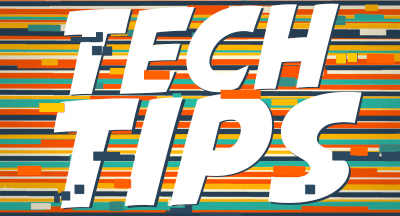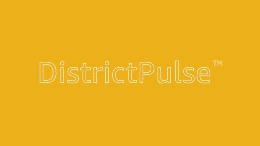Guest Post: What You Need to Know about the TCPA
#Tips
SchoolMessenger (West's Education group)
by
SchoolMessenger (West's Education group)

|
SchoolMessenger (West's Education group) Trusted Skyward Partner |
 |  | 
|
 |
But along with more modes of communication come regulations. The Federal Communications Commission’s (FCC) 2015 revisions to rules governing the Telephone Consumer Protection Act (TCPA) help clarify when and how school districts can make calls – and what the potential consequences are for noncompliance. Protect your pocketbook and improve district-wide communication practices by getting to know some TCPA essentials.
What is the TCPA?
The TCPA is intended to protect consumers from unwanted calls and texts. Rules surrounding TCPA have been updated periodically since the law was passed in 1991 to reflect changing communication tools and practices, with the most recent revisions in 2015.TCPA and its rules, among other things, prohibit calls made using automatic telephone dialing equipment or a prerecorded message to any telephone number assigned to a cell phone or any service for which the called party is charged for the call without prior express consent, unless the call is for “emergency purposes” as defined by the TCPA.
Violations can result in hefty fines, making it crucial for districts that use automated notification systems to know how to stay compliant.
TCPA Overview
What do I need to know about the 2015 revisions and TCPA overall?
Fines can add up fast. Consumers can sue for up to $500 per violation (any call made without consent) and can be awarded triple that, up to $1,500 per call, if the violations are done willfully and intentionally. The FCC has the authority to assess civil monetary penalties of up to $16,000 per violation.Consent is key. Consent is required from the “called party” – the person assigned to the number dialed and billed for the call. It is up to the sender of the message (e.g., the school or district) to prove that they have consent to make the call, and called parties must be able to revoke consent at any time and in any reasonable manner.
Emergencies are exempt. It is up to school districts to determine what constitutes an emergency – and to communicate this to staff members. TCPA says that an emergency call is one “made necessary in any situation affecting the health and safety of consumers.”
Texts are considered calls. Your district needs to be aware that sending a text message without consent is treated the same way under TCPA as making a phone call.
TCPA Compliance
What are some best practices for improving TCPA compliance?
Make it easy to opt in. It’s not enough to offer an option to opt out. Under the TCPA, you must obtain express consent via an affirmative action (also known as opting in) to send non-emergency messages to each potentially mobile contact number and for each broadcast method. It’s ideal to collect opt-in consent electronically using a system that automatically records and updates so you can prove that you are permitted to make a call.Opt-out options are important, too. Provide recipients with online and mobile tools to manage their own communications preferences, and take action immediately when you receive a request to opt out.
Review your school-to-home communications policies and practices. Luckily, best practices for TCPA compliance tend to mirror best practices for school-to-home communication. Back-to-school is a prime time to gather parental communication preferences and to make sure that staff members know how to implement and store that information.
Consult legal counsel. This article and related resources are intended to bring awareness to TCPA regulations, not to provide legal advice. Schools are advised to consult with their legal counsel to best understand their options under the law.
What’s the bottom line? Know the guidelines, develop clear and consistent practices, and consult your legal team with any questions. Keep your district TCPA compliant to avoid fines and, importantly, reap the benefits of improved communication and parent engagement, too.
Skylert Puts Safety First
What happens when two experienced and proven K-12 edtech companies come together to provide a more convenient solution? Skylert happens.

|
SchoolMessenger (West's Education group) Trusted Skyward Partner |
|
|

 Get started
Get started








